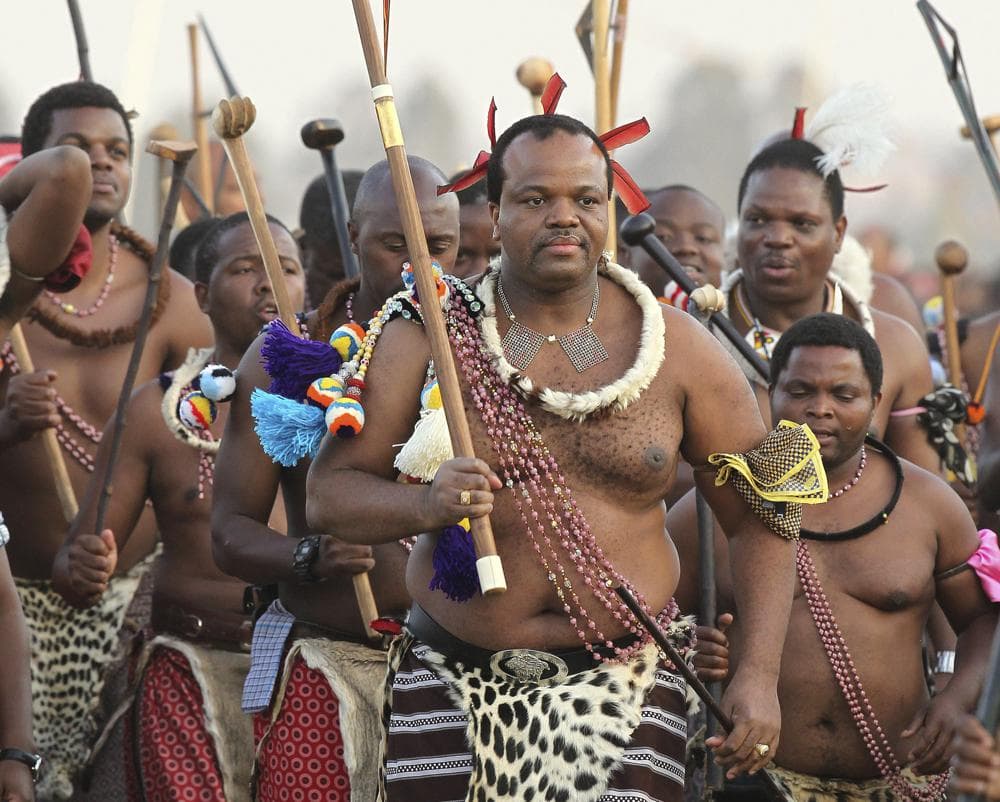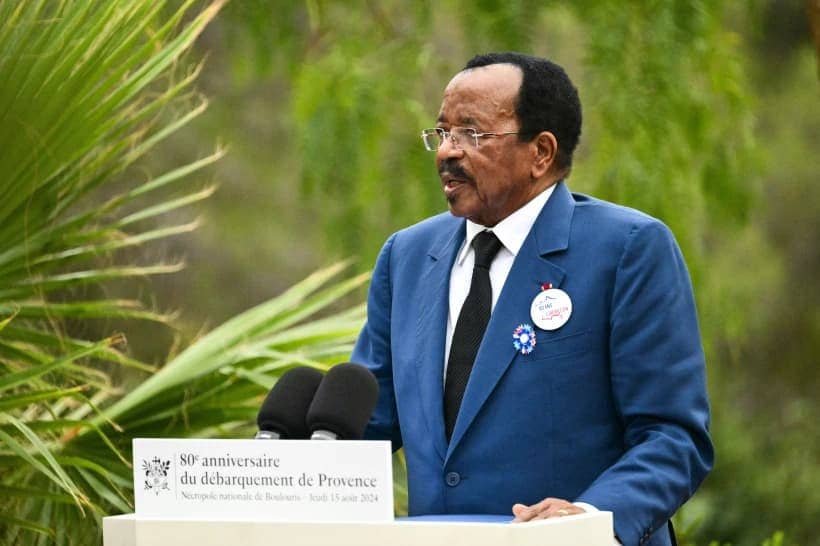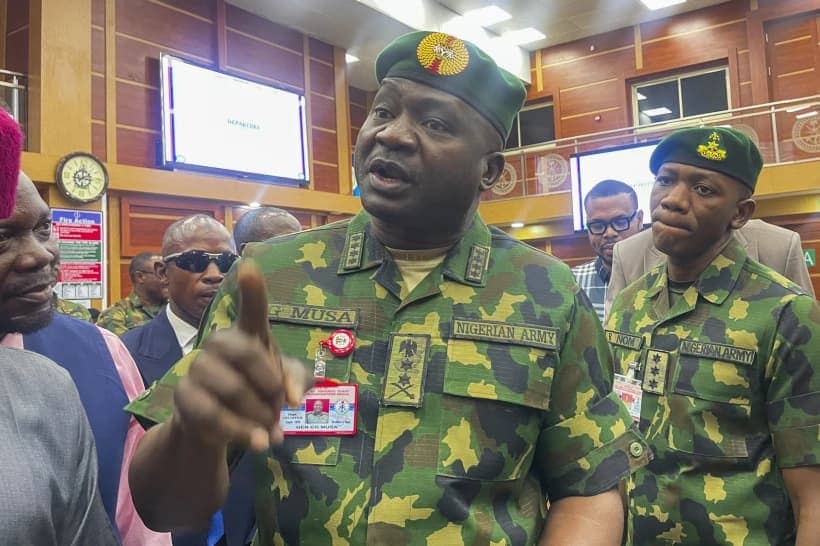ROME – As violence continues to grip the small southern Africa nation of Eswatini, formerly known as Swaziland and the continent’s last remaining monarchy, the country’s lone Catholic bishop says the challenge isn’t just to stop the bloodshed, but to understand why it’s happening.
“We need to understand how we reached to this point,” Bishop José Luis Gerardo Ponce de León told Crux. “It won’t be possible to move forward without it. It would be like going to the doctor because we are in pain and accepting to live on painkillers, without really knowing where the pain comes from.”
The current round of violence began in late May with the murder of a young law student, speaking protests from thousands of people which, in turn, triggered a harsh government crackdown.
“The last two weeks have been marked by the ‘uncertainty’ of what is happening, and what will be happening,” said Ponce de León.
With little over one million citizens, the kingdom of Eswatini, formerly known as Swaziland, is currently in turmoil, with opposition leaders in hiding as King Mswati III tries to contain the pro-democracy protests, who responded not only by sending the army to quelch dissent, but also blocking the internet and imposing a curfew.
For the past six weeks, pro-democracy protesters have sporadically taken to the streets to express their discontent, and an estimated 50 people have died and 150 protesters hospitalized with injuries resulting from live ammunition or beatings by security forces.
The situation is now close to chaos, as evidenced by the declaration of the United Nations High Commissioner for Human Rights earlier this month, saying he’s “deeply concerned.”
Pope Francis referred to the crisis on July 4 during his Sunday Angelus prayer just he went to Rome’s Gemelli Hospital for a pre-scheduled colon surgery.
“News is arriving from the dear nation of Eswatini, in southern Africa, news of tension and violence,” the pope said. “I invite those who hold responsibility, and those who are manifesting their aspirations for the future of the country, to a common effort toward dialogue, reconciliation and the peaceful settlement of different positions.”
Ponce de León expressed his appreciation to the pope, saying that it was “very touching” for Francis to refer to the crisis: “Eswatini is a little-known country, and [the pope] helped us to make this crisis known at the international level.”
“The previous weekend saw the burial of some of those who were killed during the unrest,” the prelate said on Saturday. “As Council of Swaziland Churches, we saw the need to issue a statement asking for restraint from everyone allowing the families to bury their loved ones with dignity.”
The statement, sent to Crux, appeals to all involved, including the government, to “exercise some restrain and allow families to bury their deceased family members with the respect and the dignity that they deserved.”
“It’s known that when a person passes under such circumstances, tempers usually flare and people get emotional,” the statement says, before appealing to family and friends of those who’ve died to remain calm and to government agencies to respect the families and allow them to bury their loved one in peace.
On Friday, two parallel events were held, one summoned by the king as a show of strength called “Ludzidzini Royal Cattle Byre” and one called for by opposition leaders and NGOs to march in downtown Manzini, the national capital.
Ponce de León defined the clash by quoting a newspaper with a frontpage headline saying, “Choose your struggle.”
There were hopes that the king would call for dialogue on Friday. Instead, he blasted the anti-monarchy protests as “satanic” and denounced that they have taken the country “backwards.”
The Manzini City Council indicated that no permission had been requested to hold the anti-government rally, and the air was tense with expectation: “Police made sure the march would not take place,” the prelate said.
A video posted to Facebook by the Swaziland United Democratic Front, showed pro-democracy protesters singing and dancing in the streets of Manzini before fleeing as shots rang out behind them.
On the other hand, according to Ponce de León, before the alleged dialogue talks summoned by the king, “calls had been made to boycott His Majesty’s call to Ludzidzini and today’s newspapers indicate that some of the buses sent by government to transport the people travelled empty. It is, in any case, difficult to measure the success of one or the other call.”
Eswatini became independent in 1968, and five years later political parties were banned and the country became what is known as a “democratic monarchy” where some of the legislators are elected by the people in the various and the rest are appointed by the king. The discontent, locals have told Crux, is the result of many elements: lack of basic services, unemployment and police violence. It’s widely perceived by locals that only those in power benefit from any progress the country might achieve.
According to the World Bank, two thirds of the population live under the poverty line, yet the king continues to carry a lavish lifestyle spread across several palaces that he shares with his 15 wives.
The Kingdom of Eswatini is a small country flanked by two of Africa’s largest: South Africa and Mozambique. Compared to its neighbors, it has often been labeled as a quiet country, which is why the violence is considered unprecedented.
“I believe that in the coming days we will hear the reaction from ‘opposition groups’ to His Majesty’s address and appointment,” Ponce de León said. “The Council of Swaziland Churches has been busy meeting as many stakeholders as possible. Everyone agrees that a national dialogue is the way forward. At the same time, that dialogue might have ‘pre-conditions’ for it to take place and might also need a facilitator.”
Follow Inés San Martín on Twitter: @inesanma














